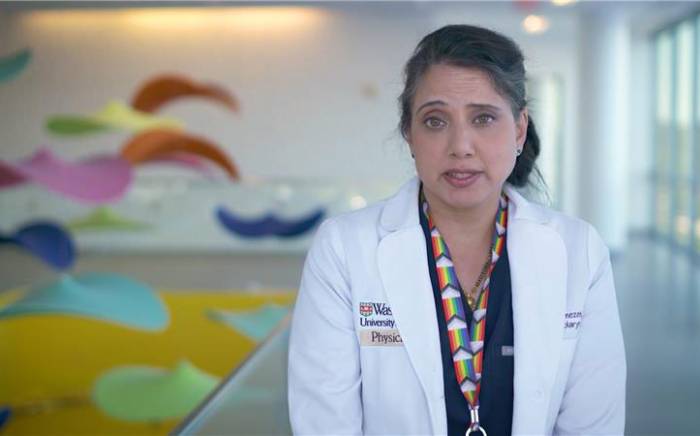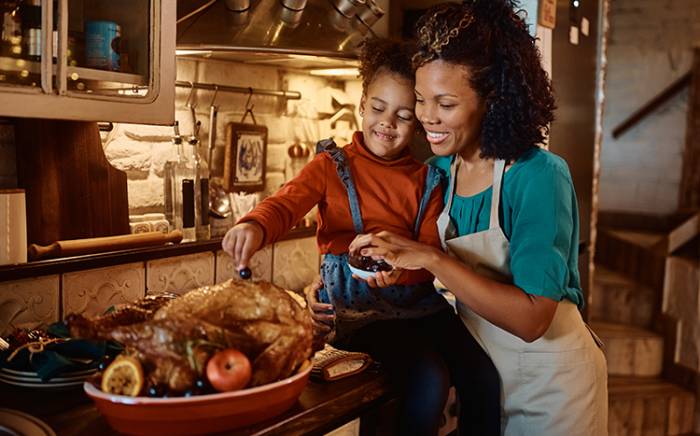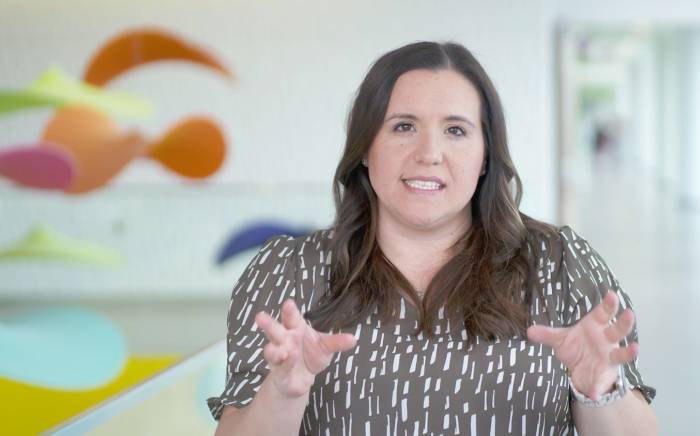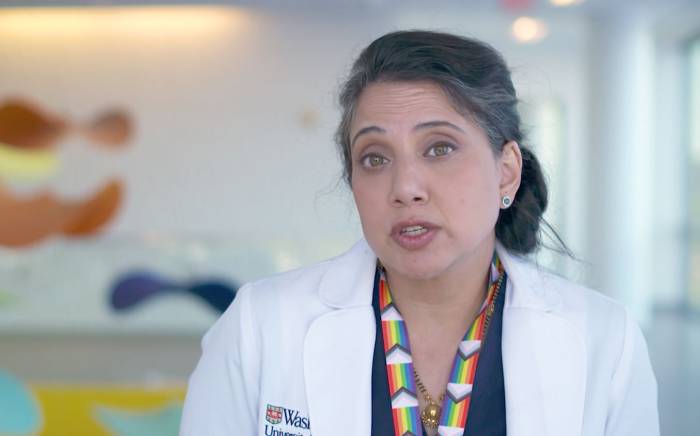Your teen comes into the kitchen as you’re preparing dinner and announces she’s giving up meat. How do you ensure a vegetarian diet meets her nutritional needs?
“With the right amount of planning, vegetarian meals can supply all of the nutrients teens need for healthy growth and development,” says Julie Cappelletti, registered dietitian at St. Louis Children’s Hospital. “Parents just need to stress the importance of balanced meals.”
Cappelletti recommends following the U.S. Department of Agriculture’s MyPlate guidelines: Fill half a plate with fruits and vegetables, a fourth with starch and a fourth with protein, even if it’s vegetarian.
Filling a Nutritious Plate
It’s important to optimize intake of protein, iron and calcium. Protein can be found in tofu, quinoa, nuts and nut butters, seeds, beans, peas, and legumes. Broccoli, legumes and edamame, a popular preparation of soybeans, also provide iron and should be paired with vitamin C-rich foods—think strawberries, citrus fruits and leafy greens—to aid iron absorption. Leafy greens are also great sources of calcium.
Meat, poultry and seafood are all good sources of vitamins B12 and D that ensure optimal growth. Both vitamins can be found in fortified cereals, milk and eggs (although some vegetarians won’t eat eggs).
“Vegetarianism offers many health benefits, such as preventing cardiovascular disease and managing weight,” Cappelletti says. “It may not be for everyone, but all members of a family can benefit from making some changes to their diets.”
To schedule an appointment with a dietitian, call the St. Louis Children’s Hospital Answer Line at 314.454.KIDS (5437) or toll-free at 800.678.KIDS.










